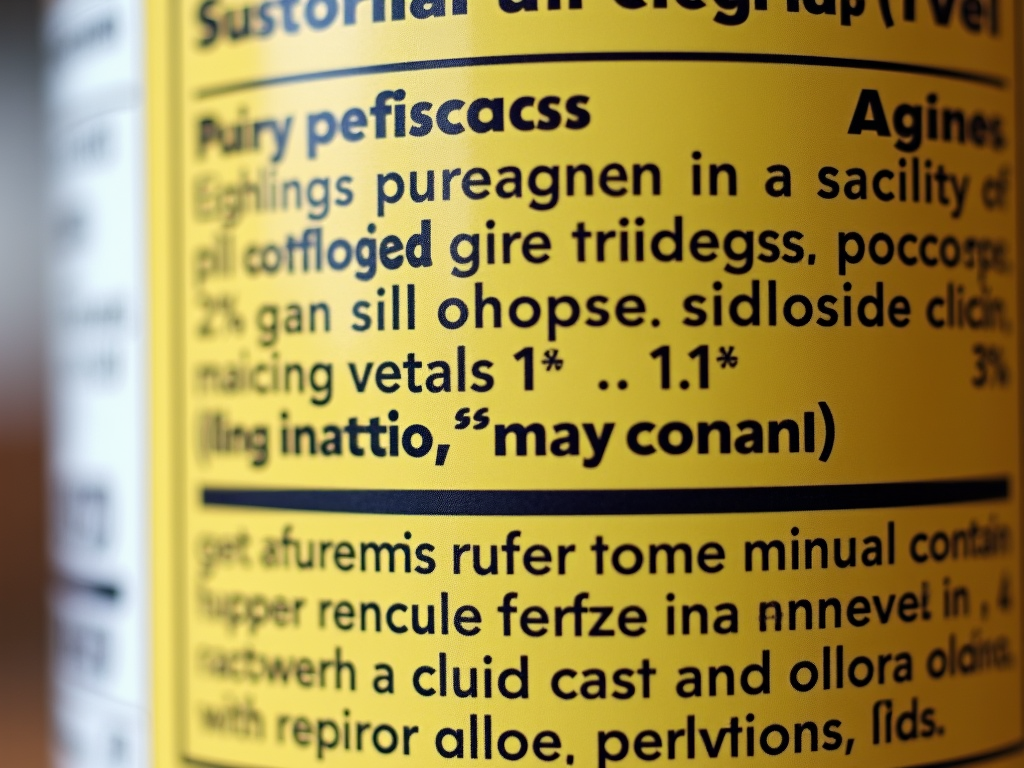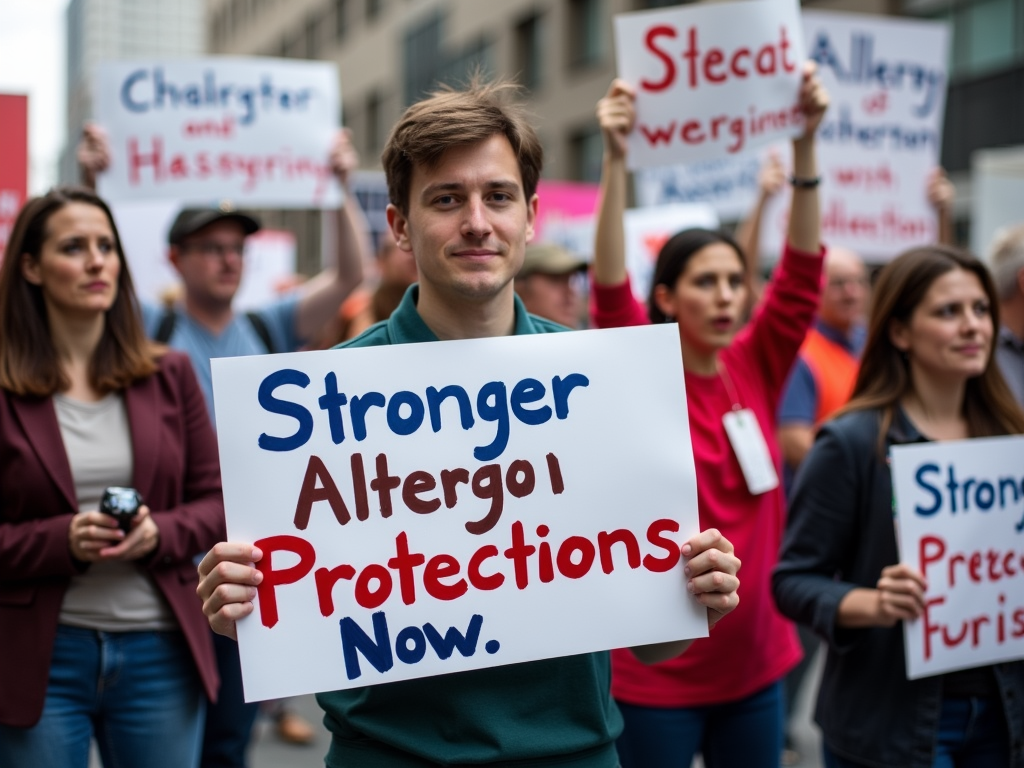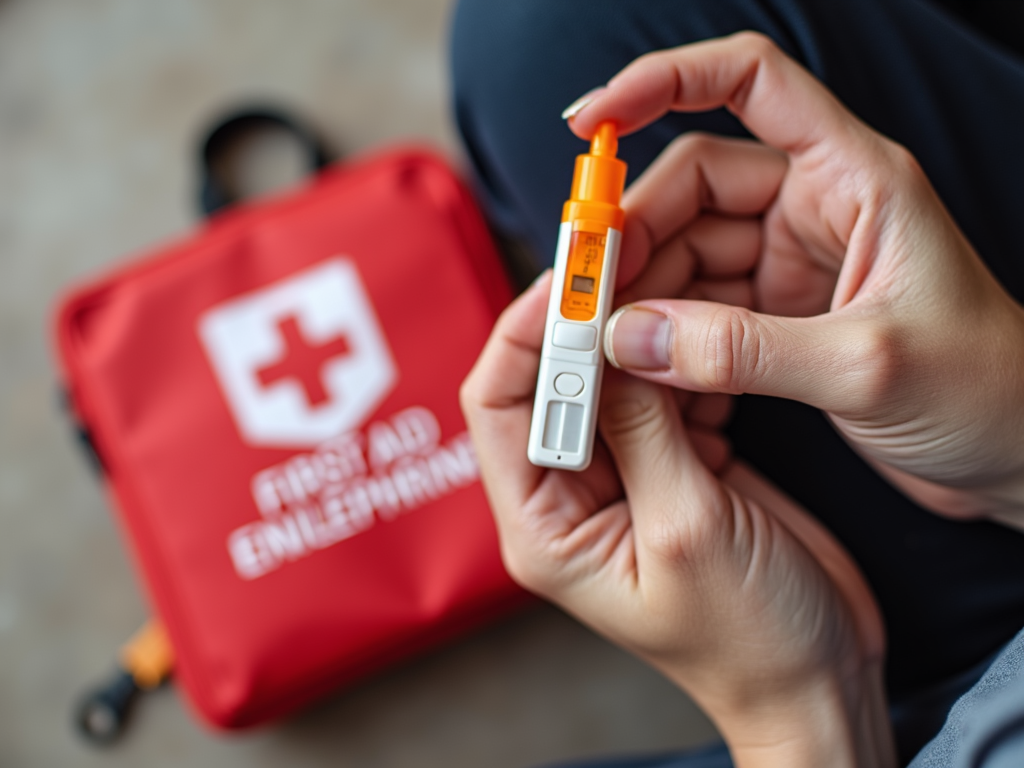Food allergies can turn a simple meal into a life-threatening event. Proper labeling saves lives. This article dives into why advocating for stronger allergen protections is urgent, especially for those living with chronic food allergies like Chronic FPIES.

Why This Matters
Living with chronic food allergies is tough. Imagine checking every label, every time, just to stay safe. For people with conditions like Chronic FPIES—a type of chronic food allergy that triggers vomiting and diarrhea—mistakes aren’t an option. One wrong bite can mean a trip to the hospital. Stronger allergen protections could ease that fear by ensuring labels tell the full story.
It’s not just about avoiding food. It’s about trust. You want to trust that a snack won’t harm you or your child. But too often, labels leave out key details or use vague warnings. This is where advocating for stronger allergen protections comes in—it’s a push to make food safer for everyone.

Understanding Food Allergen Labeling Laws
Most countries have some rules about allergen labeling. In the U.S., the Food Allergen Labeling and Consumer Protection Act (FALCPA) covers eight major allergens: milk, eggs, fish, shellfish, tree nuts, peanuts, wheat, and soybeans. These must be listed clearly on packages. Sounds good, right? But there’s a catch.
The law misses some allergens—like sesame until recently—and doesn’t cover risks like cross-contamination. Phrases like 'may contain' confuse people. Does it mean there’s a real chance of nuts, or is the company just covering itself? This uncertainty puts lives at risk. Stronger laws could fix that by demanding clarity and completeness.

Life with Chronic Food Allergies
For those living with chronic food allergies, every day is a balancing act. Take Chronic FPIES. It mostly hits kids, causing delayed reactions that are hard to trace. A parent might spend hours figuring out what triggered their child’s sickness, all because a label wasn’t clear enough.
Adults face it too. Picture going to a party, wanting to join in, but hesitating over every bite. You ask about ingredients, read tiny print, and still worry. It’s exhausting. Better labeling could lift that weight, letting people focus on living, not just surviving.

The Power of Advocacy
Advocating for stronger allergen protections can change lives. It’s about more than labels—it’s about safety and peace of mind. When laws improve, accidental exposures drop. Kids with Chronic FPIES can eat without fear. Adults can shop with confidence. But it takes effort.
You can help. Write to your lawmakers. Tell them why this matters. Support groups like FARE (Food Allergy Research & Education) that push for change. Share your story—it’s powerful. Together, we can demand that food companies step up and keep us safe.

Tips for Today
Until laws catch up, you’ve got to protect yourself. Here’s how:
- Check labels twice: Watch for hidden allergens in terms like 'natural flavors.'
- Ask questions: Call companies if you’re unsure about a product.
- Stay ready: Carry an epinephrine auto-injector if allergies are severe.
- Teach others: Make sure your loved ones know what to do in an emergency.
These steps aren’t foolproof, but they help. They’re a bridge to a day when labels do the heavy lifting for us.

Looking Ahead
Things are getting better. The FASTER Act added sesame to U.S. allergen lists—a big win. Other countries are stepping up too. But we’re not done. We need laws that cover all allergens, tackle cross-contamination, and ditch confusing terms. Education matters too—manufacturers and shoppers both need to understand the stakes.
Keep pushing. Speak up. The future could be a place where chronic food allergies don’t rule your life—where labels are clear, and safety is certain.

Wrapping Up
Advocating for stronger allergen protections isn’t just a cause—it’s a necessity. For those with chronic food allergies like Chronic FPIES, better laws mean fewer risks and more freedom. Current rules help, but they’re not enough. Let’s keep fighting for a safer food system, one label at a time.
Discuss Here